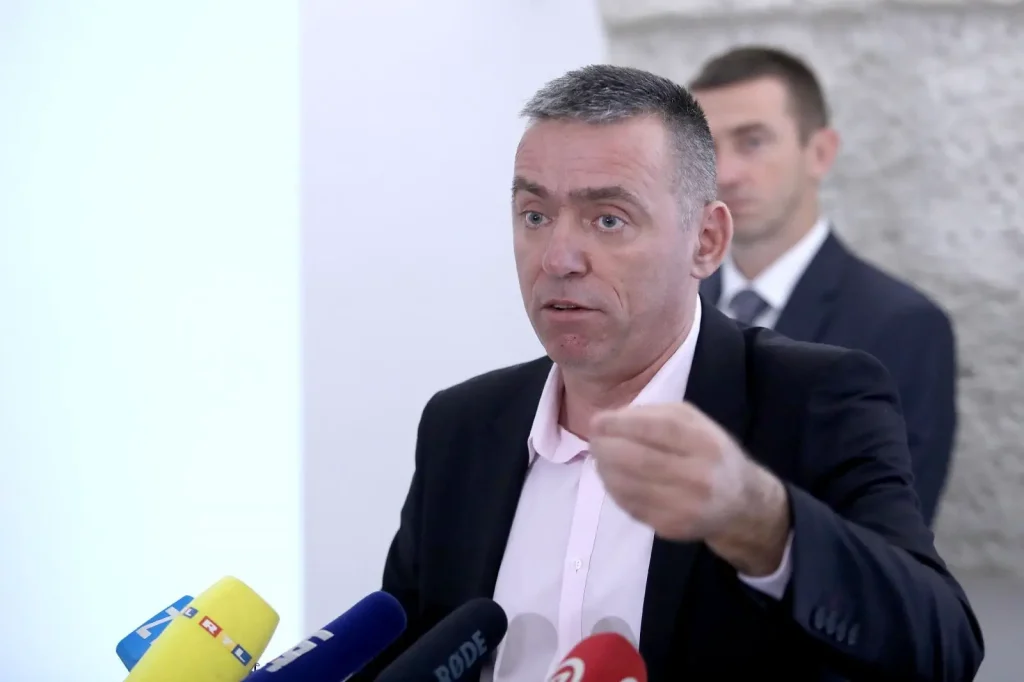A parliamentary debate on a final bill on civilian Homeland War victims saw the biggest polemic about the lack of a register of aggressors and the possibility that collaborators of enemy units be granted civilian war victim rights.
Miro Bulj (Bridge) warned about the lack of a register, while Stipo Mlinarić (Homeland Movement) said he suspected the law was being adopted because of the coalition between the ruling HDZ and the SDSS (Independent Democratic Serb Party).
Mlinarić said it was symptomatic that the law was being adopted after local elections and that SDSS MPs were not participating in the debate.
War Veterans Minister Tomo Medved said those were distorted arguments aimed at diverting attention from the merit of the law. “This law applies solely to civilian war victims,” he said, denying that Croatia did not have records of persons who committed military aggression against Croatia.
He said possible abuse of the law would be prevented with Croatian institutions’ resources and data and that the Homeland War Memorial and Documentation Centre would play an important part in that.
Marijan Pavliček (Sovereignists) said it was “symptomatic that the Serb National Council gave its consent to such a law” and that he feared Croatian institutions did not have a list of all the persons who took part in the aggression and in paramilitary units.
The Sovereignists demand the records of civilian war victims be public, with their MP Željko Sačić saying there were 26,000 potential beneficiaries, not 2,500 as claimed by Medved.
Josip Đakić of the ruling HDZ said the bill represented “a repayment of the debt to civilian war victims” and that it envisaged security mechanisms and a procedure to obtain rights.
Urša Raukar Gabulin and Sandra Benčić of the Green-Left Bloc welcomed the bill but warned about possible discrimination on ethnic grounds. Benčić said the civilian victims of crimes committed by the Croatian side should also be given rights.
Vesna Nađ (Social Democratic Party) said the law would cost the state budget HRK 108 million in the next three years and that the HDZ was passing it due to pressure from its coalition partner SDSS.
She said the bill was a copy of an SDP bill which was withdrawn due to demand from war veterans. “You accused us then of wanting to equate victims and aggressors.”
“We are glad the government accepted the direction the (former) SDP-led government showed them in regulating civilian victims’ rights,” she said, adding that the SDP would support the bill.
Medved dismissed “any insinuation that the bill is in line with the SDP’s idea.”
For more about politics in Croatia, follow TCN’s dedicated page.








